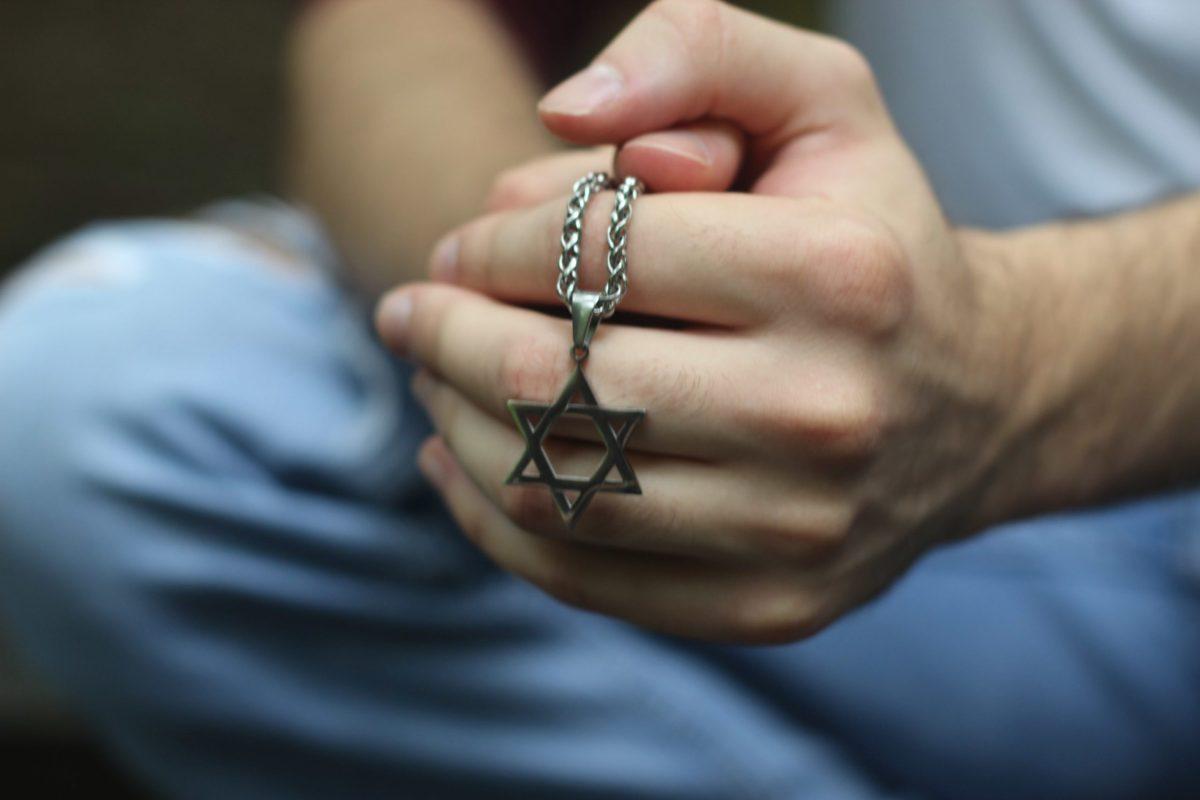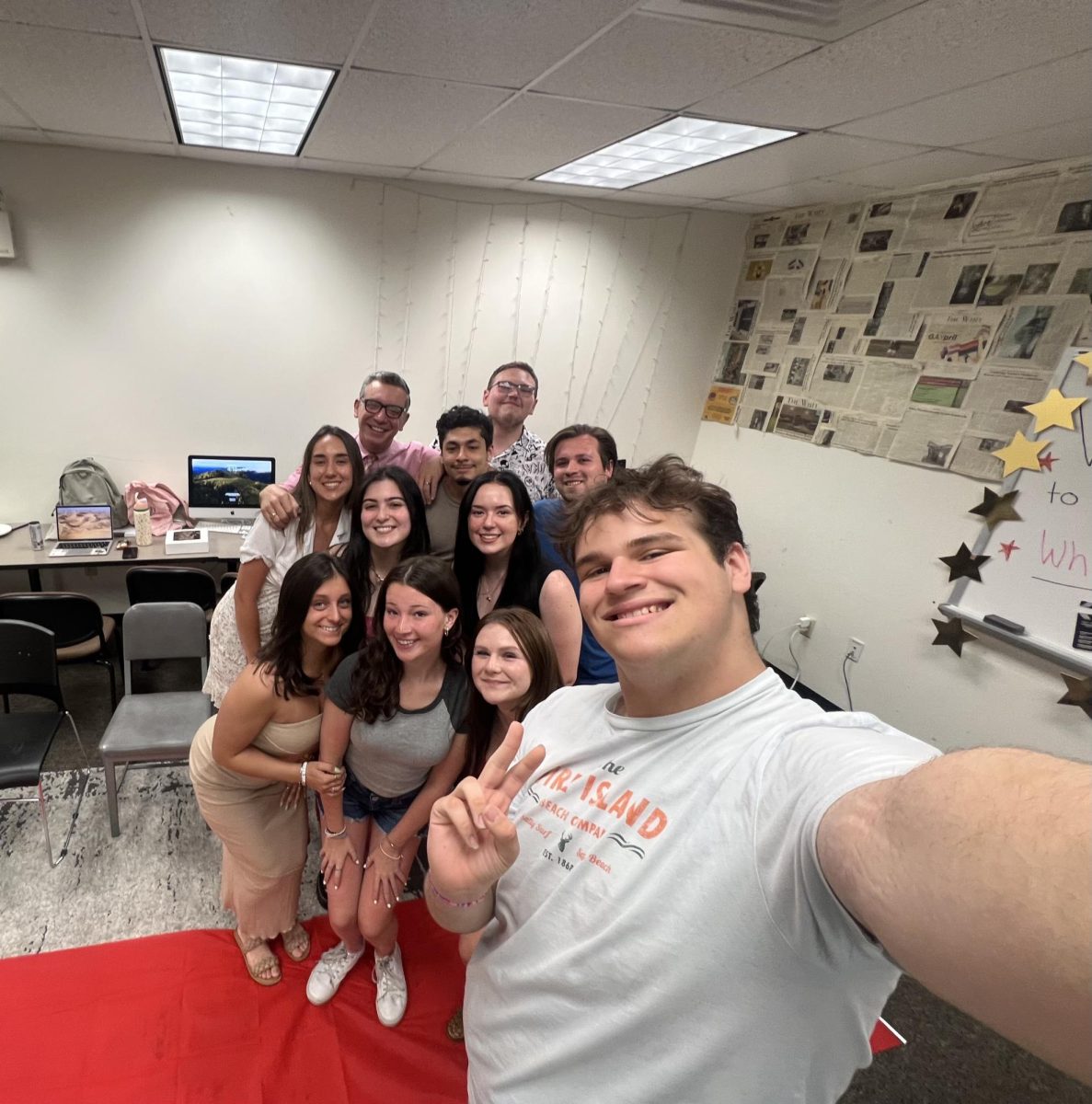“If I were president during World War II, I never would’ve allowed Jews to come into this country.”
These real words from a real Rowan student are still with me today, almost two years after he said that to me. I remember feeling shocked, angry, and hurt, but not surprised. After all, nothing about this was new. Jewish college students like me face these types of challenges all too often.
For myself and many of my friends at Rowan, being Jewish has put us in an uphill battle to be heard, understood, and accepted.
Rowan University is by no means unique among colleges across the country in terms of the problems with which it is grappling relative to its Jewish community. Even though the problems at Rowan may not be nearly as bad as they are at many other universities, we cannot take that as a reason to ignore them. Because they still happen.
Sometimes it’s dealing with blatant antisemitic hate. Other times it’s harmful stereotyping, like a student being told by their professor that if they miss class for the Jewish high holidays they’ll be given an absence, or just a lack of awareness about these problems.
While thinking about how to write this piece, I began talking to my friend and peer Izzy Wellman about something that happened back when we were both on the student e-board for Rowan Hillel, an on-campus Jewish cultural organization. That September, the original date for the annual fall organization fair was rained out. So, it got moved to a date a few weeks later. Evidently, nobody making the decision had been aware that this new date was during Yom Kippur, one of the holiest Jewish holidays.
When we asked SGA to reschedule, we were told they weren’t the ones making the dates so there was nothing that could be done to change it, and that if they made an exception for this Jewish holiday, they’d have to do the same for every holiday. We tried to compromise by suggesting that they only do so for major holidays. We also proposed that they amend SGA policy to prevent SGA from holding any major events on holidays of major religious significance, but unfortunately, neither of those suggestions came to fruition.
It sadly only took a year from then until, in 2019, during my tenure as the senator for Hillel, SGA scheduled a mandatory senate meeting during Rosh Hashanah, another major Jewish holiday. Although I’m thankful that I was allowed to miss the meeting without incurring any penalties once I informed them of the issue, it’s a shame it happened in the first place. This wasn’t indicative of a student body that gave its due diligence to students of all religious backgrounds.
I could go on to talk about students who’ve jokingly remarked that I’d make a good dentist or lawyer because I’m Jewish; or my roommate, who was told by his professor that if he went home to celebrate Yom Kippur with his family he’d be given an absence; or every other student I know with similar stories, but this is just the tip of the iceberg. We are just a fraction of the Jewish population at Rowan, and what we’ve experienced is only a fraction of what Rowan’s Jewish community as a whole has experienced.
In Jewish tradition, Yom Kippur, which falls on September 27, is the time of year for reflecting on past mistakes and transgressions and committing to becoming better and growing beyond them. There’s no better time than now for the community and institution of Rowan University to reflect on how to do just that. This month also marks the beginning of the Jewish New Year, 5781. So let’s make this the year we listen to, learn from, and respect our fellow Profs who worship differently than us. Let’s make this the year students are no longer penalized for taking time off from class for any major religious holidays. And finally, let’s make this the year we take a stronger stance against religious-based discrimination.
For comments/questions about this story, email [email protected] or tweet @TheWhitOnline.

























































































































































!["Working with [Dr. Lynch] is always a learning experience for me. She is a treasure,” said Thomas. - Staff Writer / Kacie Scibilia](https://thewhitonline.com/wp-content/uploads/2025/04/choir-1-1200x694.jpg)










































